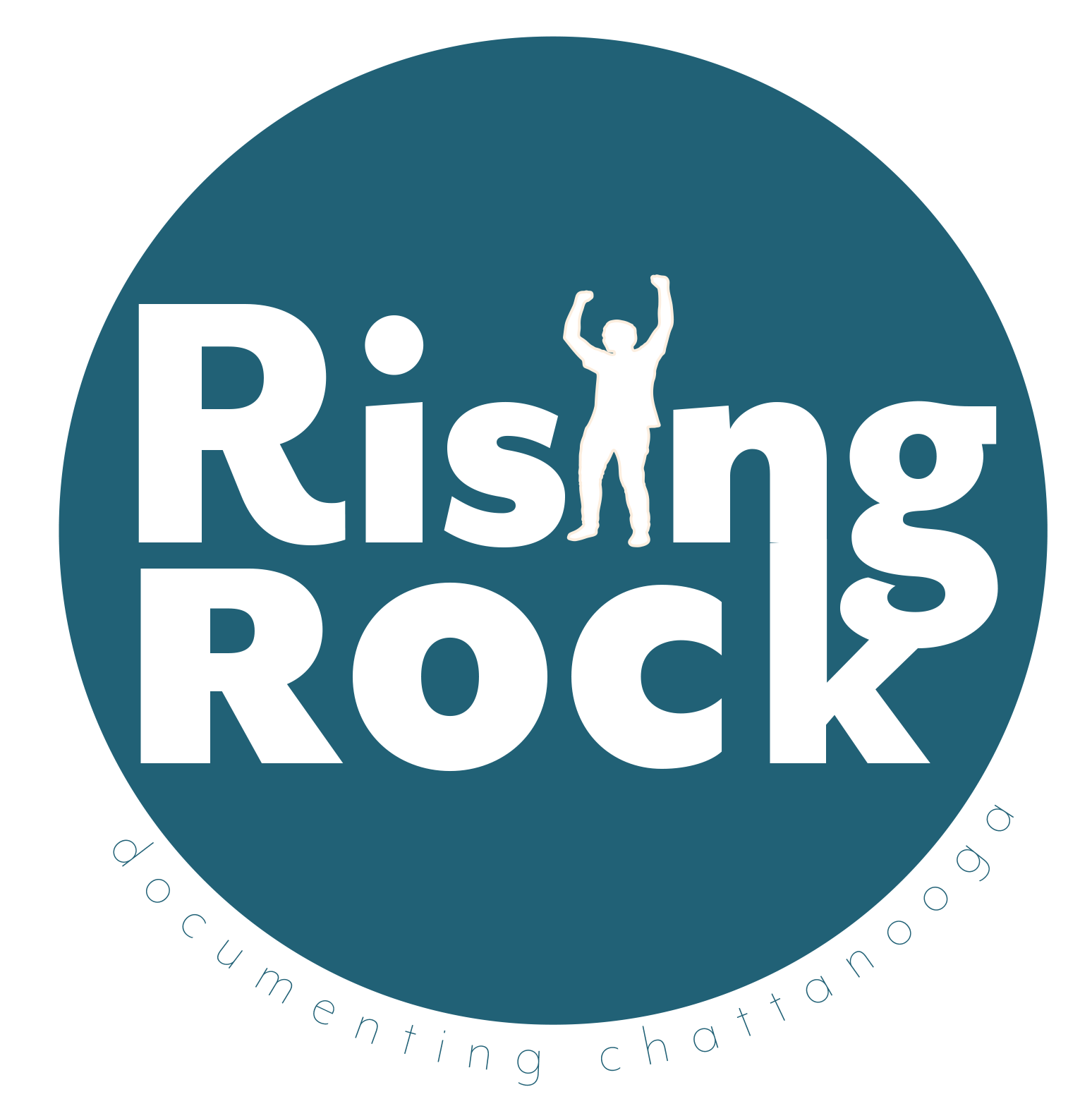By David Whalen

Ronnie Dickson was diagnosed with Trevor’s Disease at age five. This rare congenital bone disease stunted the growth in his left leg and caused intense discomfort that led him , at the age of 17, to opt for total limb removal.
Two years after his above-the-knee amputation, Dickson found comfort and interest in the sport of climbing and took to the vertical world where legs weren’t always necessary.
Since Dickson resided in the flatlands of Florida, the only vertical gain to be had was manufactured using plastic in an indoor facility.
“I remember getting the shaky leg at the top because it was kind of scary but learning how my body moved was so interesting and really fun,” said Dickson.
Modern climbing can offer its practitioners a range of experiences. Those looking for a more traditional athletic path can compete against others, some take it to the great outdoors for the sense of adventure, and others enjoy a relaxing and encouraging community at local gyms.

While in Florida, Dickson honed his craft and took the competitive path where he could find it. Adaptive climber competitions were scarce in an already nuanced sport of which Dickson was a pioneer.
“When I started there weren’t a lot of different opportunities for participation on a competitive level (for adaptive climbing),” said Dickson. “There was an event that gave me a vision of what we would do in the future called the Extremity Games for people living with limb loss or limb difference from 2006 to 2009. They were high energy events for kayaking, mountain biking and climbing.”
For years, Dickson acted as a catalyst in the development of adaptive climbing competitions as the sport slowly but surely gained traction and popularity.
It wasn’t until 2012 that Dickson and Craig DeMartino, a climber who lost their leg in an accident in 2002, were able to take the international stage and represent the U.S. in France for the World Climbing Championship.
Dickson has since won three national titles and a silver medal in the 2014 International Federation of Sport Climbing Paraclimbing Championship.
All these years he had spent training in a Florida warehouse repurposed as a climbing gym working for Prosthetic & Orthotics Associates of Orlando, but in 2018 without a real rock in sight, he needed to leave and find a place that better suited his “needs”.

That somewhere was Chattanooga: a hub of outdoor adventure sports and a secret mecca of sandstone rock climbing.
While nervous to uproot himself, Dickson found a way to push himself out of his comfort zone.
In May of 2018, “I bought a house in Chattanooga so I would have to move here,” Dickson said with a grin.In February of 2019 that’s exactly what he did.
With the help of Andrew Chao, Dickson started up Prosthetic & Orthotics Associates of Tennessee where they fit Chattanoogans with state-of-the-art prosthetics and injury rehabilitation help.
POA’s mission is to work with clients on an individual level after amputation in order to best serve their needs.
“The baseline expectation is to get people back to where they were before,” said Dickson. “So, they can continue to live whole and full lives.”

David Whalen is an adventure sports documenter who prefers to tell stories of the great outdoors by immersing himself into it. Currently, a communications major at the University of Tennessee in Chattanooga, Whalen will spend his free time dangling from a rope in the woods to make sure he gets the shot just right. Over 500 miles away from his hometown, Chattanooga has brought limitless opportunity for adventurous stories from adventurous people. For more information and possible collaboration please contact: XPZ169@mocs.utc.edu
